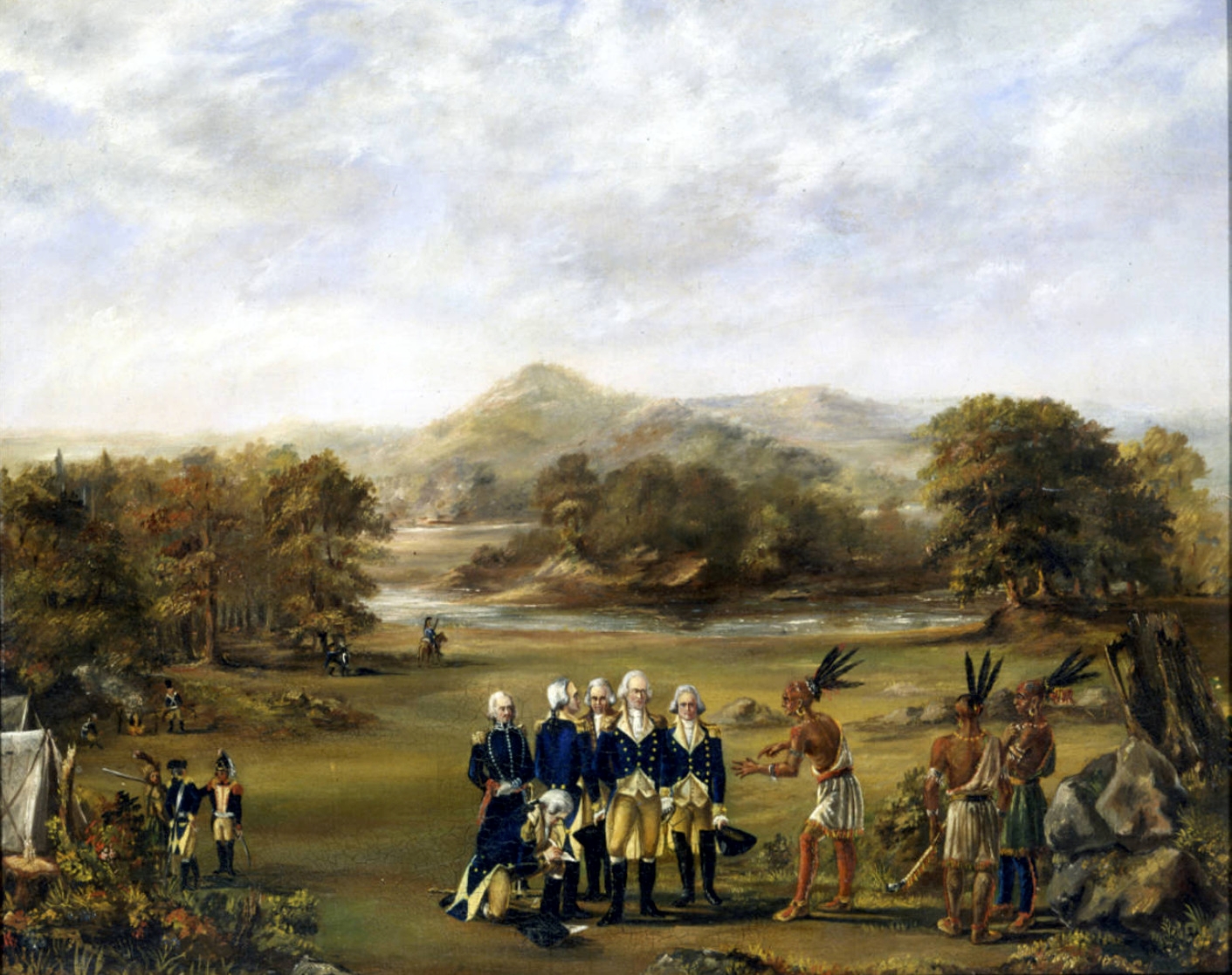Note that these 74s may actually be useless without a lot of rework. The 4 74s built during the War of 1812 (although not usable until after the war) - Independence, Franklin, Washington, and Columbus - seem to have been built to the plans for the 74s authorized in 1799. (OTL) In practice, they were top-heavy and unwieldy, and it took several years to fix them properly. Once they were fixed, they did yeoman service for decades, though.Opps It was 74's not 72's
The Independence, for instance, was launched in June of 1814, and, as far I know, they never dared send to sea against the British. They did sent it to the Med a year later, after some significant work.
So... IF this is the same design you might have problems when they're launched.
